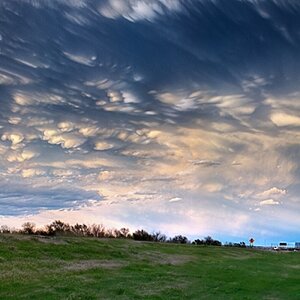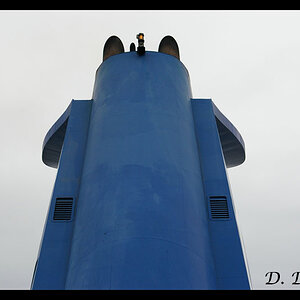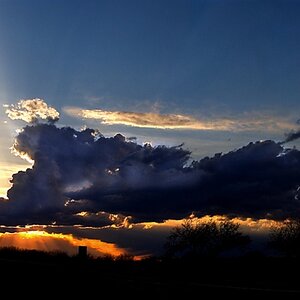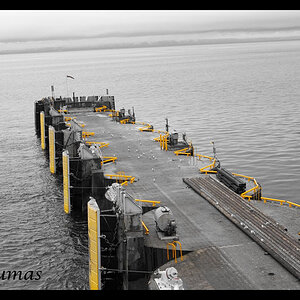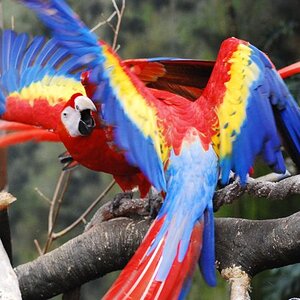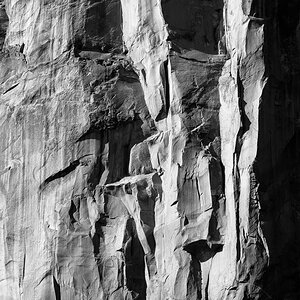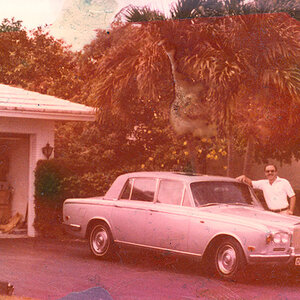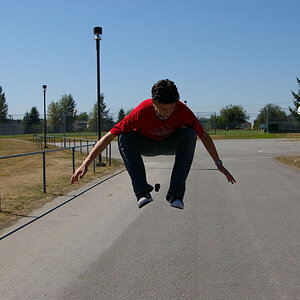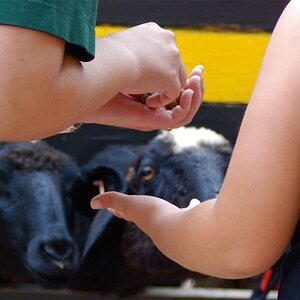timor
Been spending a lot of time on here!
- Joined
- Feb 28, 2011
- Messages
- 5,905
- Reaction score
- 890
- Location
- Toronto ON
- Can others edit my Photos
- Photos NOT OK to edit
OK. Ultra Achromatic Takumar. :thumbup:No- It was available only in M42 mount, Around 1970 or so. It was more popular for technical photography, can be used for UV through to IR. It has better color correction than the new Leica APO Summicron.





